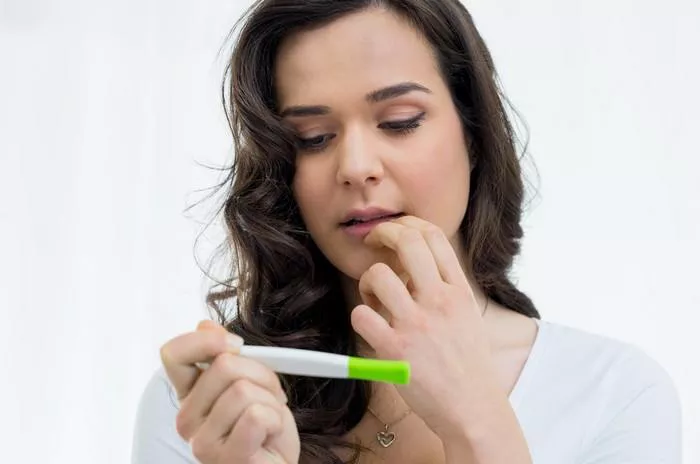Bringing new life into the world is a monumental decision that often prompts the question: when is the ideal age to get pregnant? While there’s no one-size-fits-all answer, considering various factors can help individuals make informed choices about the timing of parenthood. In this article, we’ll explore the intricacies of age and fertility, offering insights into the optimal age range for pregnancy and highlighting key considerations along the way.
Understanding the Biological Clock: Age and Fertility
As with many aspects of life, fertility is subject to the passage of time. Women are born with a finite number of eggs, and as they age, both the quantity and quality of these eggs decline. This natural decline in fertility becomes more pronounced as women reach their late 30s and early 40s, making conception increasingly challenging with advancing age. For men, while age-related declines in fertility are less steep than in women, factors such as sperm quality and motility may still be impacted by age.
The Prime Window: Balancing Youth and Stability
Many individuals aim to strike a balance between youthful vigor and personal stability when considering the ideal age for pregnancy. In general, women in their 20s are biologically primed for pregnancy, with optimal fertility and a lower risk of pregnancy complications. Moreover, younger age is often associated with greater energy levels, resilience, and adaptability, qualities that can be advantageous during the demanding early years of parenthood. However, the 20s may also coincide with a period of educational and career pursuits, leading some individuals to prioritize stability and delay parenthood until their 30s or beyond.
The Maternal Age Factor: Navigating Risks and Rewards
Maternal age plays a significant role in shaping the pregnancy journey, influencing both the likelihood of conception and the risk of pregnancy-related complications. Women in their 20s generally have the highest fertility rates and the lowest risk of chromosomal abnormalities, miscarriage, and pregnancy complications such as gestational diabetes and preeclampsia. However, as women enter their 30s and beyond, fertility declines, and the risk of certain pregnancy complications increases. Balancing these considerations, many healthcare providers recommend aiming for pregnancy before the age of 35 to optimize both fertility and pregnancy outcomes.
Paternal Perspectives: Age and Male Fertility
While much attention is often focused on maternal age, paternal age also plays a role in fertility and pregnancy outcomes. Advanced paternal age has been associated with a slightly increased risk of genetic abnormalities, such as Down syndrome, as well as a higher likelihood of certain health conditions in offspring. While the impact of paternal age on fertility is generally less pronounced than maternal age, individuals considering parenthood may wish to factor in both partners’ ages when planning for pregnancy.
Embracing Individual Circumstances: Personalized Timing
Ultimately, the ideal age to get pregnant is a deeply personal decision that varies depending on individual circumstances, preferences, and life goals. While biological factors such as fertility decline with age provide important considerations, other factors such as relationship status, financial stability, career aspirations, and emotional readiness also play crucial roles in shaping the timing of parenthood. For some individuals, starting a family in their 20s may align with their life trajectory and personal aspirations, while others may find greater fulfillment in delaying parenthood until their 30s or beyond.
Planning for Parenthood: Taking Action
Regardless of age, individuals contemplating parenthood can take proactive steps to optimize their fertility and prepare for pregnancy. This may include maintaining a healthy lifestyle, including a balanced diet, regular exercise, adequate sleep, and managing stress. Seeking preconception care from healthcare providers can also provide valuable guidance on optimizing fertility, addressing any underlying health concerns, and preparing for a healthy pregnancy.
Conclusion:
In conclusion, determining the ideal age to get pregnant involves careful consideration of biological factors, personal circumstances, and individual aspirations. While there is no one-size-fits-all answer, understanding the relationship between age and fertility, as well as the risks and rewards associated with different life stages, can empower individuals to make informed decisions about the timing of parenthood. By embracing individual circumstances and taking proactive steps to optimize fertility, individuals can navigate the journey to parenthood with confidence and clarity, setting the stage for a fulfilling family life ahead.























